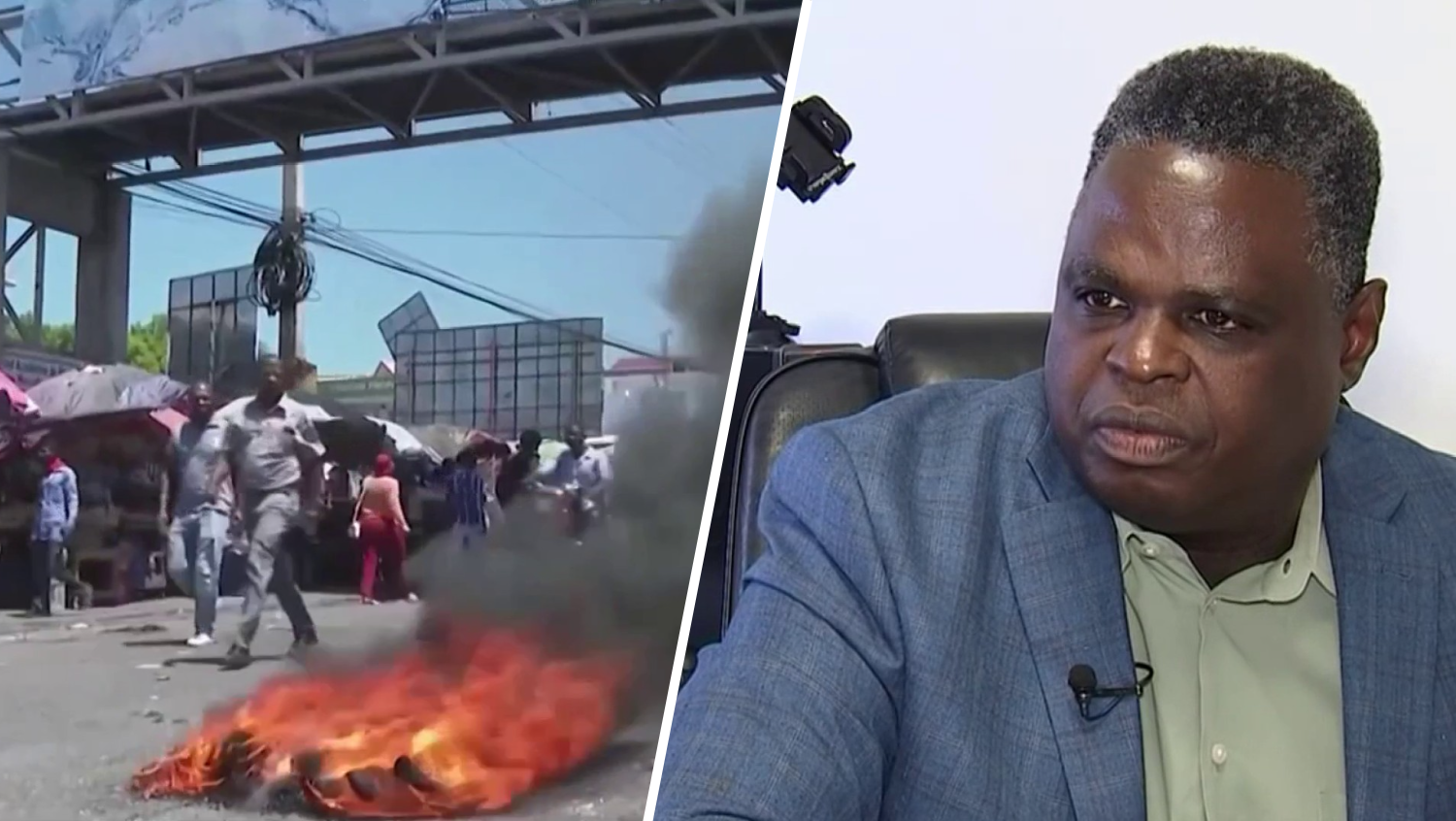Miami Beach is the first city in Miami-Dade County to approve the use of body cameras for police officers. The family of the graffiti artist who died after a Miami Beach officer tasered him welcomes the change.
Earlier this week after Miami Beach commissioners voted in favor of body cameras for police and other city employees. The chief of the police department said the cameras will lead to greater confidence and more accountability.
"Communities could be embroiled in controversy that could be completely avoided if we had it on tape," said police chief Dan Oates.
Controversies like the death of Michael Brown in Ferguson, Missouri and one Miami Beac police continue to deal with-- the taser death of 19-year-old Israel Reefa Hernandez.
"My brother's rights were completely violated," said Israel's sister Offir Hernandez.
In August of last year, Miami Beach Police officer Jorge Mercado tasered Hernandez after he was spotted spray painting a storefront.
The medical examiner later determined the probable manner of death was accidental, but his family says it was no accident.
After Hernandez's death, the state hired a commission of law enforcement agencies to conduct an investigation into the Miami Beach Police Department. One of the recommendations from the assessment strongly encouraged the city to use body cameras on their officers.
Local
Although the Hernandez family looks forward to officers wearing body cameras for future cases, they say they continue their own fight for transparency, accountability and justice.
"Everything that you do there's a cause and effect," Hernandez said. "My brother did a graffiti, he was killed. So they as well should have an effect."
According to a City of Miami Beach spokesperson, policies and procedures for the body cameras will be established in about a month.



